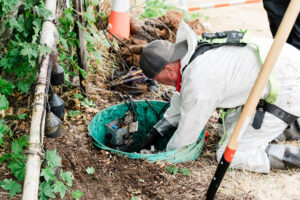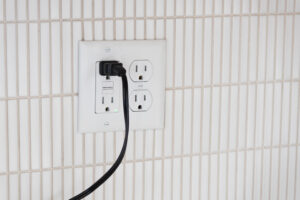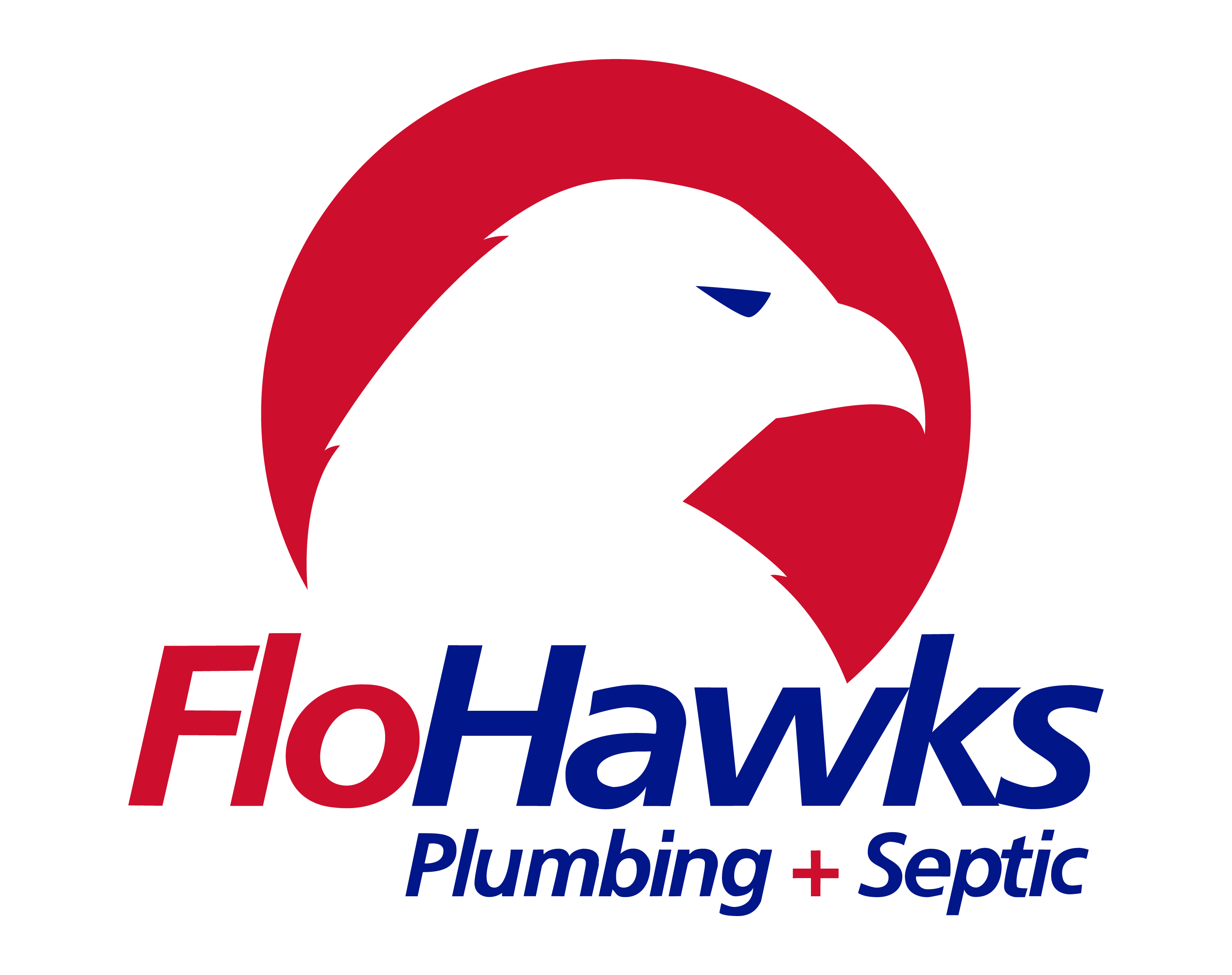
When it comes to managing wastewater, homeowners have two primary options: a septic tank or a municipal sewer system. Each comes with its own set of advantages and disadvantages, and understanding the differences between the two can help you make an informed decision for your home. Let’s explore the pros and cons of septic tanks versus sewer systems and provide valuable insights on maintenance, upkeep, and overall functionality.
What is a Septic Tank?
A septic tank is a self-contained wastewater treatment system commonly used in rural or suburban areas where municipal sewer lines are not available. It consists of a large underground tank where sewage from the home is stored and decomposed by natural processes. Septic tanks require regular maintenance, including septic sewer cleaning and septic tank pumping, to prevent backups and ensure proper functioning.
Pros of Having a Septic Tank:
- Cost-Effective: Septic tanks typically require lower upfront costs compared to connecting to a municipal sewer system.
- Environmental Benefits: Septic tanks treat wastewater on-site, reducing the strain on centralized treatment plants and minimizing pollution.
- Independence: Homeowners with septic tanks have more control over their wastewater management and are not reliant on municipal services.
- Long Lifespan: With proper maintenance, septic tanks can last for decades, providing reliable wastewater treatment for years to come.
- Versatility: Septic tanks can be installed in a variety of locations, making them suitable for homes in remote or rural areas.
Cons of Having a Septic Tank:
- Maintenance Requirements: Regular septic sewer maintenance is required. From pumping to cleaning, it is essential to prevent clogs and backups.
- Risk of Failure: If not properly maintained, septic tanks can experience issues such as leaks, odors, and sewage backups, posing health and environmental hazards.
- Limited Capacity: Septic tanks have finite storage capacity and may require more frequent pumping for larger households or heavy water usage.
- Land Use Restrictions: Local regulations may dictate the size and placement of septic tanks, limiting options for homeowners with smaller properties.
- Potential for Contamination: Improperly maintained septic tanks can contaminate groundwater and surface water sources, posing health risks to nearby residents and ecosystems.
What is a Sewer System?
A sewer system consists of underground pipes that transport wastewater from homes and businesses to centralized treatment facilities. These facilities treat the wastewater before discharging it back into the environment. Homeowners connected to a sewer system do not have individual septic tanks on their properties, but instead pay fees for sewer service based on water usage.
Pros of Being Connected to a Sewer System:
- Convenience: Homeowners connected to a sewer system do not have to worry about septic tank maintenance.
- Reliability: Municipal sewer systems are typically well-maintained and monitored, reducing the risk of backups or failures.
- No On-Site Storage: Sewer systems eliminate the need for on-site wastewater storage, freeing up space on the property.
- Lower Risk of Contamination: Properly managed sewer systems reduce the risk of groundwater and surface water contamination compared to septic tanks.
- Increased Property Value: Homes connected to municipal sewer systems may have higher property values due to the convenience and reliability of centralized wastewater treatment.
Cons of Being Connected to a Sewer System:
- Higher Costs: Homeowners connected to sewer systems must pay monthly service fees, which can be higher than the cost of maintaining a septic tank.
- Limited Control: Homeowners have less control over their wastewater management and may be subject to service interruptions or rate increases imposed by the municipality.
- Environmental Impact: Sewer systems require energy-intensive treatment processes and may contribute to pollution if not properly managed.
- Infrastructure Vulnerability: Sewer systems are vulnerable to damage from aging infrastructure, tree roots, and other factors, potentially leading to leaks or overflows.
- Connection Requirements: Connecting to a sewer system may require upfront costs for installation and connection fees, as well as compliance with local regulations and permits.
Conclusion
Both septic tanks and sewer systems have their own set of pros and cons, and the best choice for your home depends on various factors such as location, property size, budget, and personal preferences. Whether you opt for a septic tank or a sewer system, regular upkeep and care is essential to ensure efficient and reliable wastewater management. If you’re unsure which option is right for you, consult with a qualified plumber or wastewater specialist who can provide personalized recommendations based on your specific needs and circumstances.
If you need help with your septic tank system, FloHawks is here to help! Our skilled team is equipped to tackle any maintenance issues efficiently and effectively, ensuring your system is back up and running smoothly in no time. Don’t let plumbing problems disrupt your day, rely on FloHawks to provide reliable solutions and expert assistance whenever you need it.










